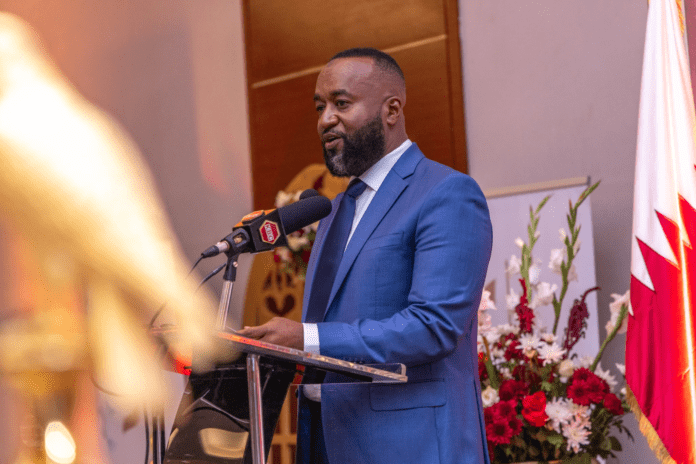Mining Cabinet Secretary Ali Hassan Joho has issued a stern warning to illegal miners in Nyanza, cautioning them against operating in local communities without proper authorization.
Speaking in Siaya on Thursday, January 30, Joho emphasized that anyone interested in mining activities must engage with local communities and secure written agreements rather than resorting to unlicensed operations.
“The law requires miners to allocate one per cent of their gross revenue to the community. You must engage with them, form a committee, and reach an agreement,” Joho stated.
He further explained that the committee should then communicate with Siaya Governor James Orengo, who would, in turn, notify him of the community’s position. Only after this process would mining licenses be granted.
“If you haven’t engaged with the communities, don’t even bother coming to me because I will not issue the license,” the CS warned.
Upon receiving a mining license, Joho reiterated that companies must contribute one per cent of their gross revenue towards community development. Additionally, they are required to remit 20 per cent of shareable royalties to county governments and 10 per cent to the local communities.
At the same time, he encouraged chiefs and residents to support licensed artisanal miners, recognizing their significant role in boosting the national economy.
Addressing chiefs directly, Joho reminded them that their authority should be used to safeguard local resources.
“You wear uniforms just like the police. Your job is not just to issue identification cards. You must gather information in villages and take action against those exploiting our resources illegally,” he said.
He urged them to report illegal miners to Assistant County Commissioners, Deputy County Commissioners, and Regional Commissioners for enforcement.
Joho’s tough stance comes just days after the Kenya Chamber of Mines (KCM) criticized his recent reforms in the mining sector, arguing that they were unfair to miners.
KCM Chairperson Patrick Kanyoro defended small-scale miners, stating that mining was a livelihood rather than a mere activity.
“Mining is not a hobby—it is a source of income. If you call me illegal because I don’t have a license, yet I applied for one and haven’t received it, how do you justify that?” Kanyoro questioned.
The ongoing debate highlights growing tensions between the government and miners over regulations and licensing processes in the sector.







